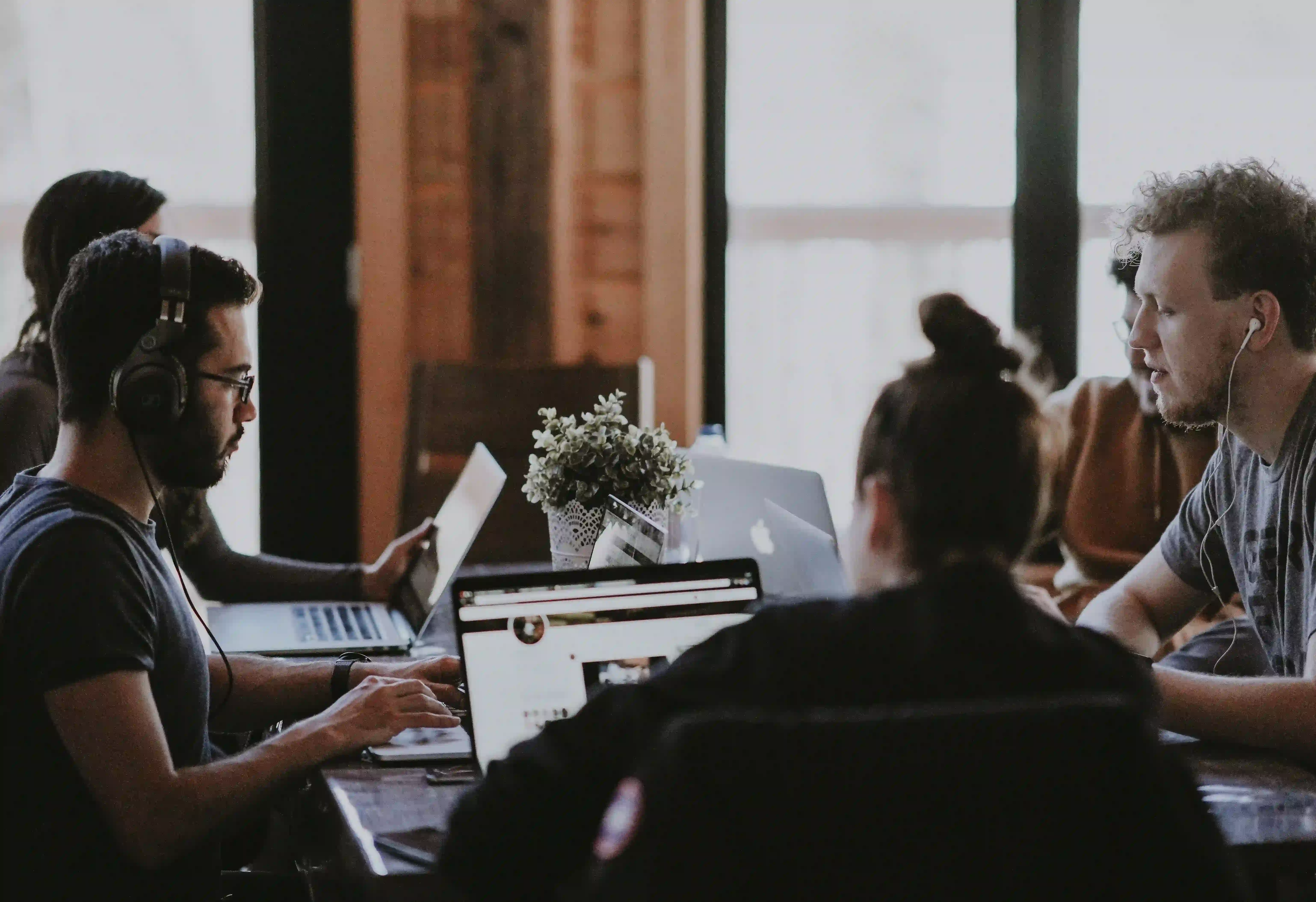
How can IP Box Tax Relief benefit software houses and independent developers?


The IP Box relief, which offers a reduced tax rate of only 5%, is available for inclusion in the annual tax return by individuals subject to Personal Income Tax (PIT) and entities filing a Corporate Income Tax (CIT) return.
The primary criterion for eligibility is engaging in business activities classified as research and development (R&D). These activities must:
Be connected to scientific research or developmental work,
Occur systematically and on an ongoing basis,
Aim to expand resources or develop new solutions using existing resources.
An additional condition of the IP Box relief is the creation of qualified intellectual property rights (qualified IP) due to research and development activities. Qualified IP encompasses patents, the right to register an integrated circuit's topography, and copyrights in computer programs. To qualify for this tax relief, it's also necessary to maintain separate, detailed records that track the costs, revenues, and income or losses associated with the production of each piece of qualified IP.
Programmers who meet the formal requirements specified in the legislation are eligible for the 5% tax rate under the IP Box, regardless of their business structure. This tax relief applies to entrepreneurs, software house companies, partnerships, sole traders, and freelance programmers. Programmers qualify for the IP Box relief, particularly when they sell or license the software they have developed. However, the software must be the outcome of research and development (R&D) efforts to be eligible for the lower tax rate. Consequently, the relief does not extend to routine programming tasks, debugging, or creating straightforward applications or programs using familiar programming languages. Activities that qualify as R&D for programmers involve:
Developing new operating systems and programming languages.
Applying innovative technologies in creating new search engines.
Designing novel or more efficient algorithms through new techniques.
Selling the results of such work and maintaining appropriate records allows programmers to take advantage of the IP Box relief on their annual tax returns.
The applicability of the IP Box relief for software houses and independent programmers often sparks debate, primarily due to the broad definition of R&D activities, the absence of a comprehensive explanation of "copyright in a computer program" within Polish law, and potential variances in interpretation. To ensure eligibility for the IP Box relief, seeking an individual interpretation from the Director of the National Fiscal Information (KIS) is recommended. The interpretations suggest that the relief is readily accessible for entities developing new technologies and writing software. Nonetheless, the lengthy process prevents many software companies and freelancers from pursuing such applications. Meanwhile, obtaining an individual interpretation and, if necessary, amending tax returns is considered more prudent than risking the unauthorized use of the IP Box relief. Engaging a tax adviser, known for their expertise and taxpayer-friendly approach, can help navigate the process and avoid unnecessary disputes with tax authorities. After considerable deliberation, this approach is deemed the safest by those who have adopted it.
More like this


